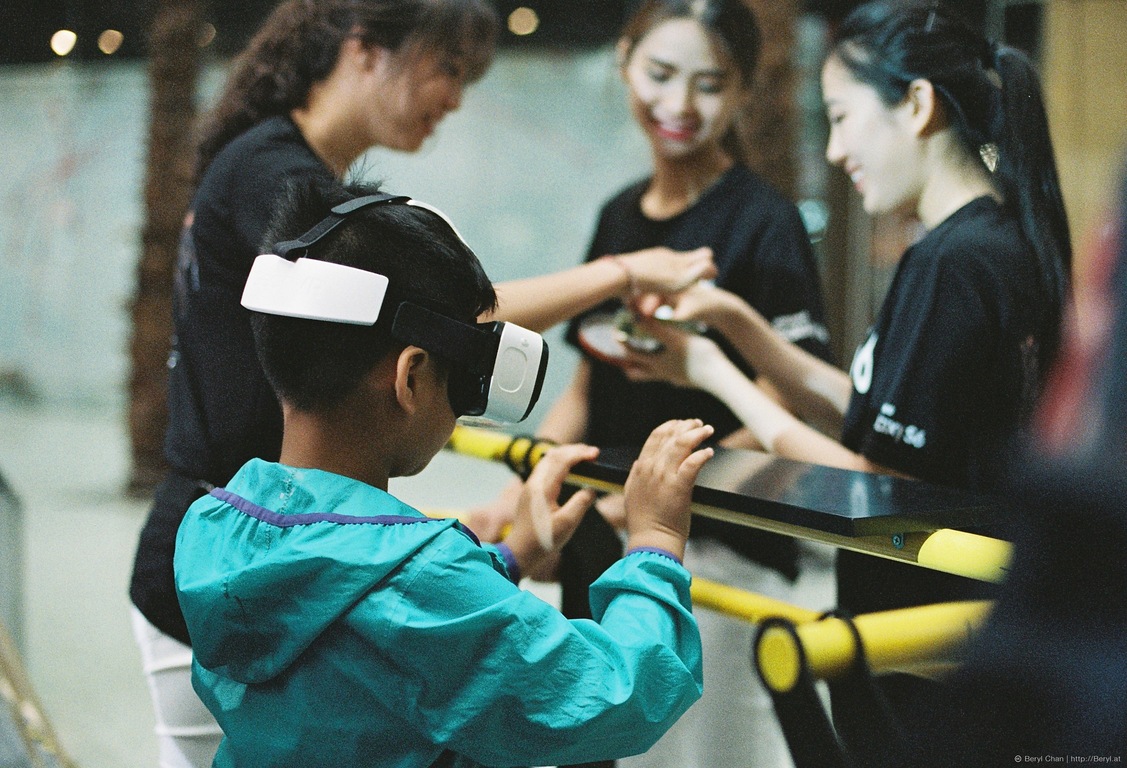The rise of online learning has fundamentally changed how we access education. No longer limited to classrooms or physical campuses, knowledge is now available at our fingertips—24/7, from anywhere in the world. This shift has opened up massive opportunities for learners of all ages, from young students to working professionals.
Platforms like Coursera, Udemy, and Khan Academy offer everything from coding to cooking, while schools and universities have adopted Learning Management Systems (LMS) to support hybrid or fully remote models. Students can learn at their own pace, revisit lessons, and explore topics beyond the traditional syllabus.
Online education also offers personalized learning paths, using data and AI to suggest relevant resources and adapt to each learner’s needs. However, it’s not without challenges. Digital divide issues, lack of in-person interaction, and screen fatigue are valid concerns that need solutions.
For educators, the transition requires rethinking how to engage students remotely—through interactive videos, quizzes, and virtual labs. The future of education is flexible, accessible, and tech-driven. Online learning isn’t just a backup plan anymore—it’s a core part of how we learn and grow in the modern world.








Leave a Reply